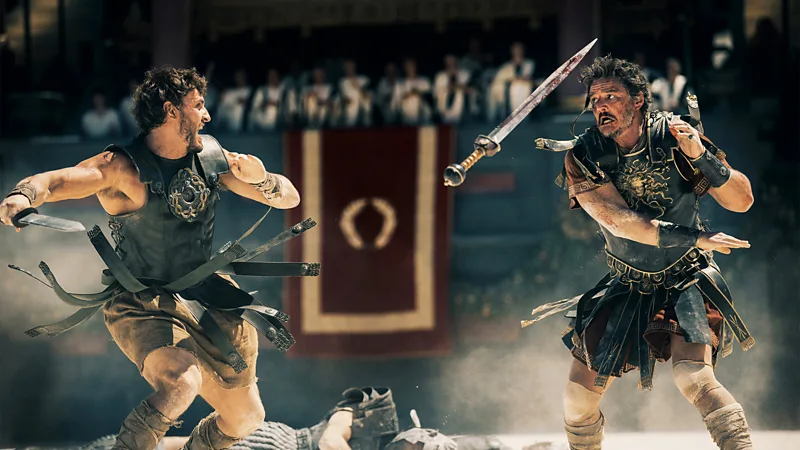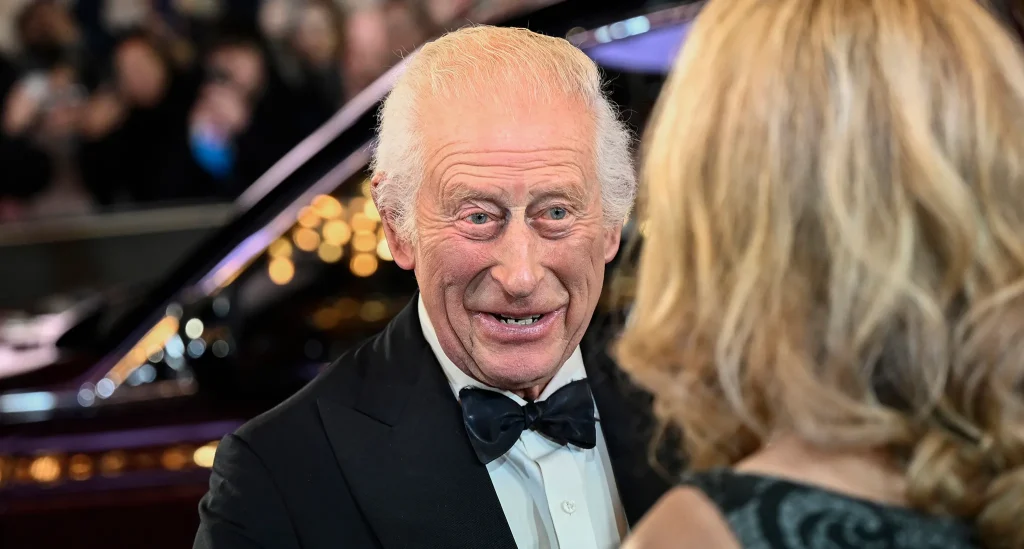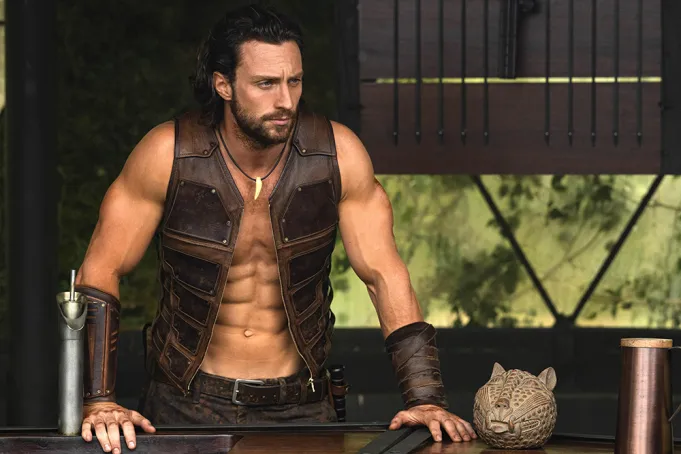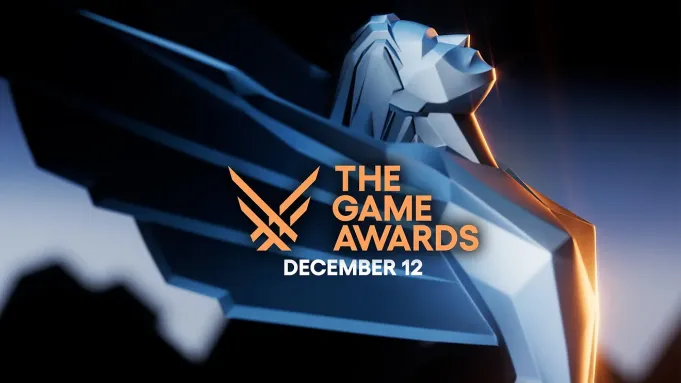‘Gladiator II’ Review: A Sequel That Surpasses Expectations

The long-awaited sequel to Ridley Scott’s iconic 2000 epic *Gladiator* has finally arrived in theaters, and it has exceeded many expectations. *Gladiator II* brings back Scott to direct and a seasoned cast to revive the Roman Empire, though this time with a fresh narrative and a new set of characters. While the original film’s lead, Russell Crowe, won’t be reprising his role as Maximus Decimus Meridius, *Gladiator II* presents a gripping continuation of the saga, exploring themes of vengeance, power, and the human cost of ambition.
Set nearly two decades after the events of the first *Gladiator*, the sequel takes place in a different Rome, now under the reign of a new emperor. Maximus’ death at the end of the first film, while emotional, paved the way for a power vacuum that ripples through the story of *Gladiator II*. The film introduces the character of Lucius, the son of the late Lucilla (Connie Nielsen), now an adult and played by Paul Mescal. As the heir to the Roman throne, Lucius must navigate the treacherous political landscape left in the wake of his mother’s past alliances with Maximus.
Unlike the original film’s focus on gladiatorial combat, *Gladiator II* shifts its focus to the intricacies of court politics and the psychological toll of power. Lucius’ journey becomes an exploration of his own place within the empire, balancing justice, revenge, and the preservation of his family’s legacy. The character of Lucius has the unenviable task of stepping into a world where trust is scarce, and betrayal lurks at every corner, forcing him to reckon with the ghosts of his father and the empire that both elevated and destroyed those who sought to rule it.
The film’s central conflict revolves around Lucius’ internal struggle as he is thrust into a dangerous web of political maneuvering, vying for control of the Roman Empire. As an adult, he is confronted with the aftermath of his mother’s decisions and the echoes of his former protector, Maximus. While Lucius is neither a gladiator nor a military leader like his predecessor, his journey into the dark heart of the empire is just as brutal in its own way.
One of the film’s standout elements is how it expertly mirrors the themes of vengeance and justice from the first film while exploring new territory. Rather than focusing on physical combat in the arena, the story examines the personal, emotional, and political battles that define the empire’s power dynamics. Lucius’ quest for vengeance against those who wronged his family becomes a deeply personal journey, and the film doesn’t shy away from the moral ambiguity of his decisions.
The film’s exploration of the psychological costs of power—both in the imperial court and in the gladiatorial arena—adds a level of depth that enriches the narrative. It’s not just about winning battles; it’s about the emotional toll of war and the consequences of every choice made.
Paul Mescal, best known for his role in *Normal People*, delivers a standout performance as Lucius. He balances the vulnerability and strength of his character with incredible nuance, making Lucius both relatable and compelling. While some may have had concerns about a new lead stepping into the shadow of Russell Crowe’s unforgettable performance as Maximus, Mescal brings a fresh energy to the role while respecting the legacy of the first film.
The supporting cast is equally impressive, with Olivia Williams portraying the calculating and powerful Empress, and Pedro Pascal in a key role as an enigmatic figure who may be friend or foe. The ensemble cast helps elevate the film’s thematic complexity, and their interactions with Lucius provide a perfect counterpoint to his internal struggle.
As expected from Ridley Scott, the visual spectacle of *Gladiator II* is nothing short of breathtaking. The film’s recreations of ancient Rome are as grand and sweeping as the original, and the use of modern technology to depict historical architecture and battle scenes is nothing short of stunning. The cinematography brings Rome to life, immersing audiences in the sights and sounds of the empire, from the opulent palaces to the war-torn fields.
What makes *Gladiator II* stand out is its ability to carve its own identity while respecting the legacy of the original. While *Gladiator* was about personal redemption, *Gladiator II* explores the aftermath of that redemption and the cost of power. It’s a smart, thoughtful sequel that delves into the complexities of revenge and the ways in which history shapes future generations.
Although the absence of Maximus may have initially been a point of concern, the film’s narrative holds its own, offering a fresh perspective on the *Gladiator* world. *Gladiator II* delivers everything fans loved about the original film—the high-stakes drama, the moral dilemmas, the stunning action scenes—but with a deeper, more introspective edge.
With *Gladiator II*, Ridley Scott has proven that even after more than two decades, the story of Rome, vengeance, and power still has the potential to captivate audiences. Fans of the original film and newcomers alike will find themselves drawn into this epic continuation of the *Gladiator* saga, which successfully rises to the occasion of its predecessor.






